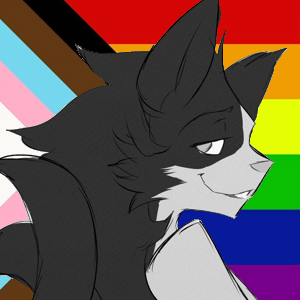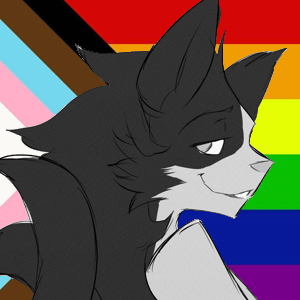3rd Movement: Adagio Libertà

What defines a city?
In its most natural form, a city starts always in the same way: a person builds shelter, other people come, other people build shelter; a community forms, grows, learns, adapts. New buildings and new facilities for new professions born of new needs; affordances, concessions, agreements, conveniences. Once the cycle repeats enough, you have a city.
But then those people die, graveyards are filled, corpses rot and turn to dust. Give it a century, and scarcely anything of the original community will remain, sans the buildings they constructed.
Give it two centuries, and whatever form of government exists within that city will have shifted multiple times. Tragedies may have happened, wars may have been fought, records are lost or rewritten. New buildings are created, with new technologies, and old ones are destroyed, abandoned, or forgotten. Within three centuries, nothing of the original city remains -- oftentimes not even the very terrain it was built upon.
And yet, the city will keep the same name, and still be treated as the exact same as when it was first erected, even though nothing of it remains.
Which is why the cries of "For Ala Mhigo!" always confused me.
When King Theodoric proved himself a tyrant, what compelled people to stay? When Ala Mhigo marched upon Gridania in conquest, what compelled their patriotic zeal? When it was taken by the Garleans, what compelled people to reclaim it?
What compels the Gridanians to stay in the Black Shroud, lorded over by the Elementals? What motivates the Hingans to fight desperately against their occupation, when given the chance to leave? What keeps the Limsans within their island, shackled by Merlwyb's rules, when they yearn for adventure and freedom?
What does it even mean to be free?
I was denied community, denied my home, denied my culture, and even denied to live in my own era. For as long as I can remember, I have been wandering, never truly able to call any one place "home". Every piece of Land interchangeable save for the people who inhabit it.
I suppose a wanderer like me would never understand what compels someone to chain themselves to a concept so transient as a city, what grants them the kind of zealous fervor necessary to take a city's enemies as your own. To die in far off lands for the glory of your own patch of grass.
Then again, I have no right to judge them.

How long have I spent wandering, struggling for my own goals? How many times have I fallen in love, only to have my ideals strain those relationships? How many times have I tried to settle down, and yet refuse to give up on my goals?
How many times have I drank from those Fantasia bottles, prolonging my youth eternally, and watch my children and my children's children grow old and die, until my descendants were as close to me as any stranger on the streets?
How many chances was I given to let it finally go, yet felt compelled to walk another step?
Ala Mhigo earned their freedom, freedom to make their own choices, to decide their own path and make their own destiny; time will tell how Lyse and the remainders of the old Resistance will handle the rebuilding of the long dead communities from before its occupation.
Yet eventually, there will come situations with needs and wants that are irreconcilable. There will come a time where the city's leaders will make a decision forced by external circumstances, or compelled by internal ones. There will be no choice then, no second path to take, no destiny to create.
I suppose in that sense, Freedom is a concept as transient and meaningless as a city. After all, so long as you exist...
One day you will be chained.

